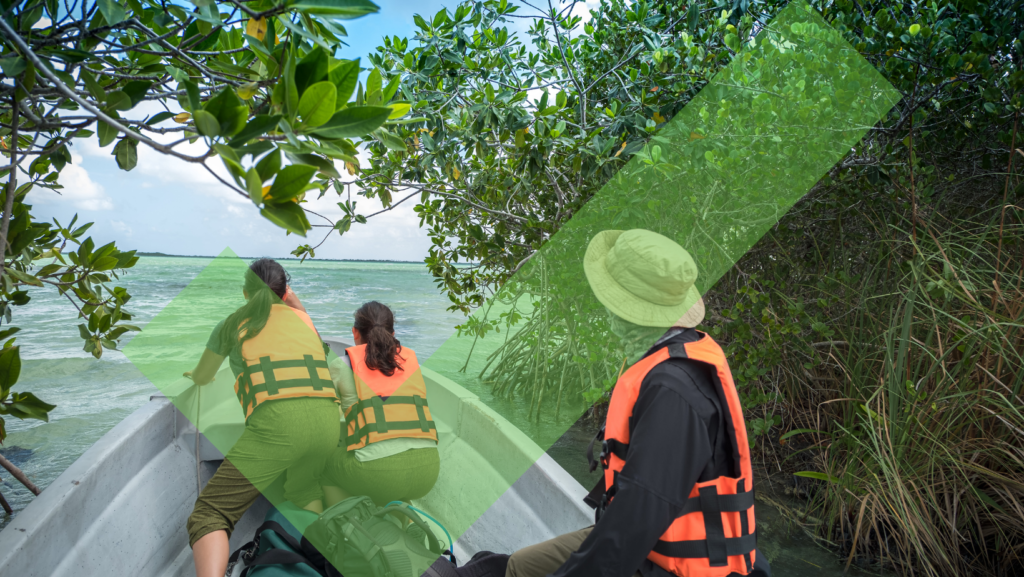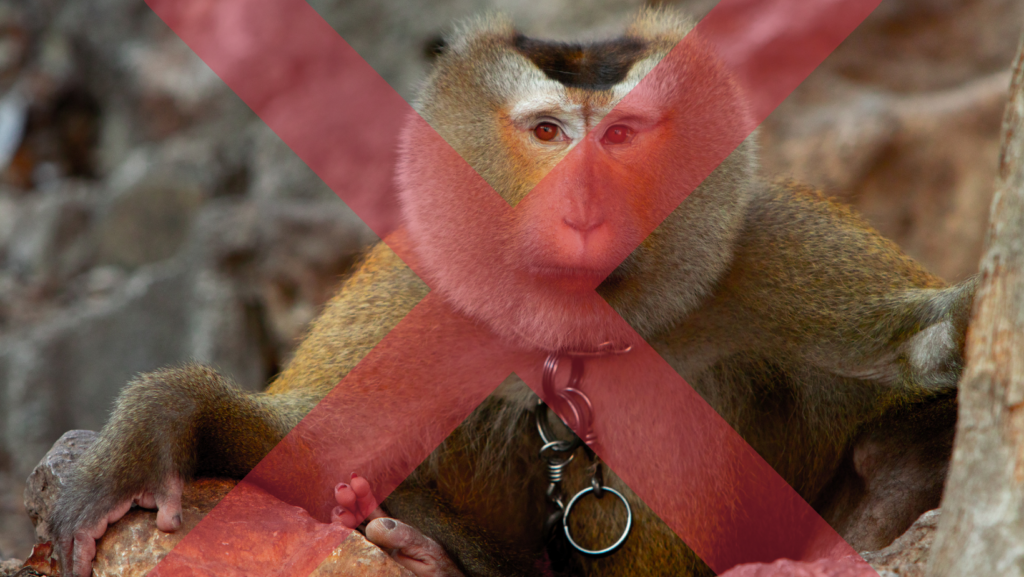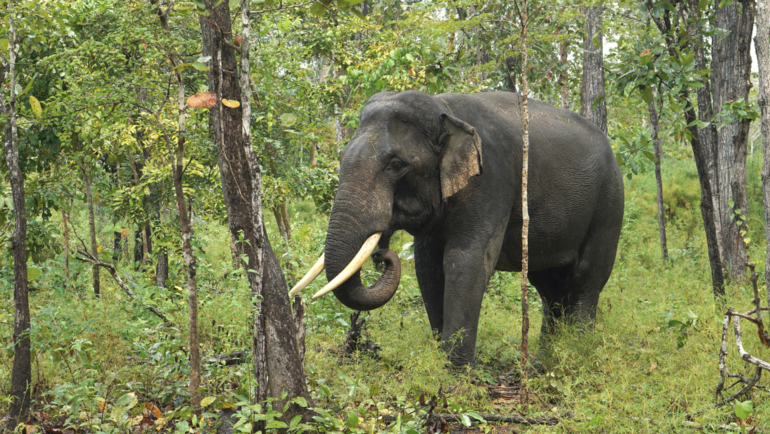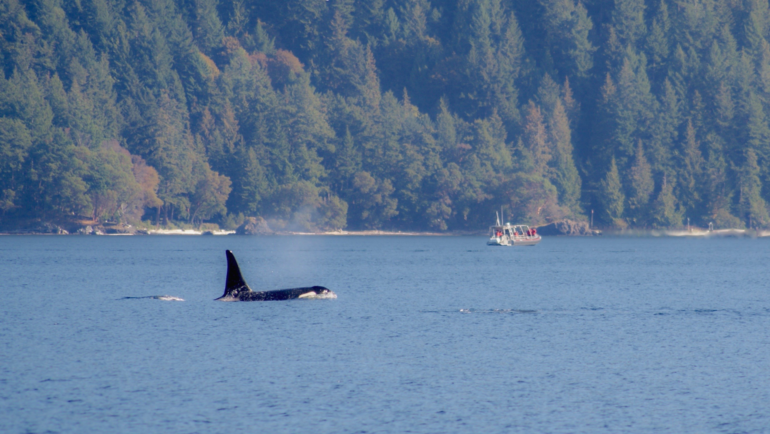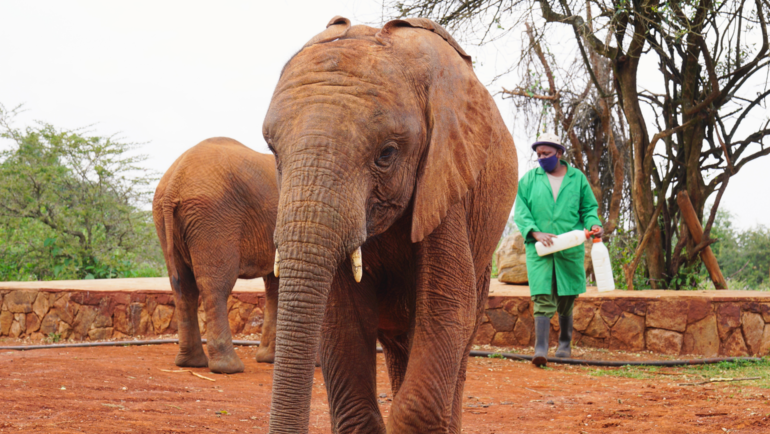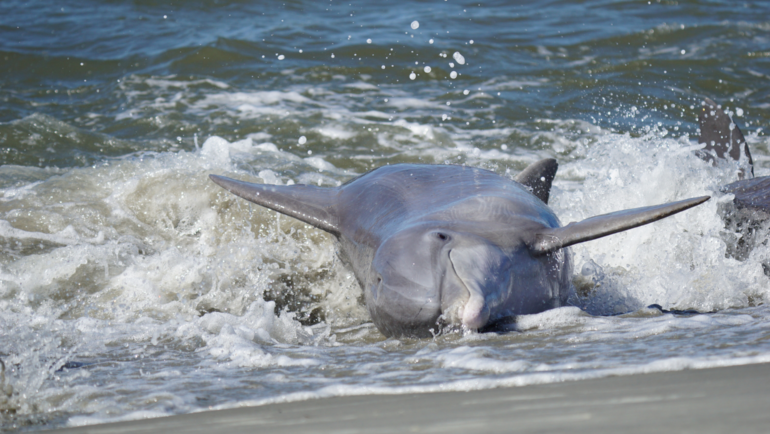Protecting animals while you are on vacation does not need to be challenging. By becoming informed, you can help support a more ethical tourism industry. Making good decisions for animals on your travels not only provides you a positive experience but creates a change within the industry signaling a shift in traveler priorities. Before you travel, follow these three simple tips for a checklist to ensure your encounters are animal-friendly!
3 Tip Checklist for Animal Friendly Travel
- Search for Photos.
- Check your Sources.
- Dive into Reviews.

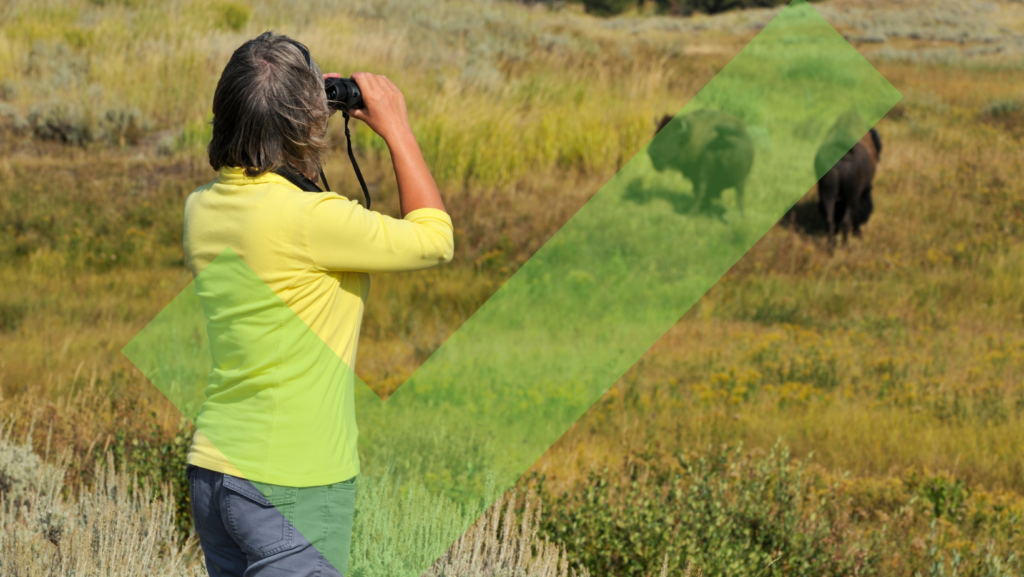
Animal Friendly Travel Checklist: Search for Photos
Many of us get our travel inspiration from photos shared on Instagram. If you’ve discovered a new animal experience, one of the first steps for checking to see if it’s ethical is to find more images. Looking at photos from a Google search, hashtag, or geotagged location is a simple way to get a better perspective. Your goal is to find candid photos, not posed or staged shots from the company’s website. Does your search show photos of unhealthy animals, unnatural behaviors/performances, or barren containment/cages? Or do you find photos that show animals acting naturally within natural spaces? A picture is worth a thousand words, so trust your gut instinct. If something seems unnatural, painful, or cruel – odds are it probably is!
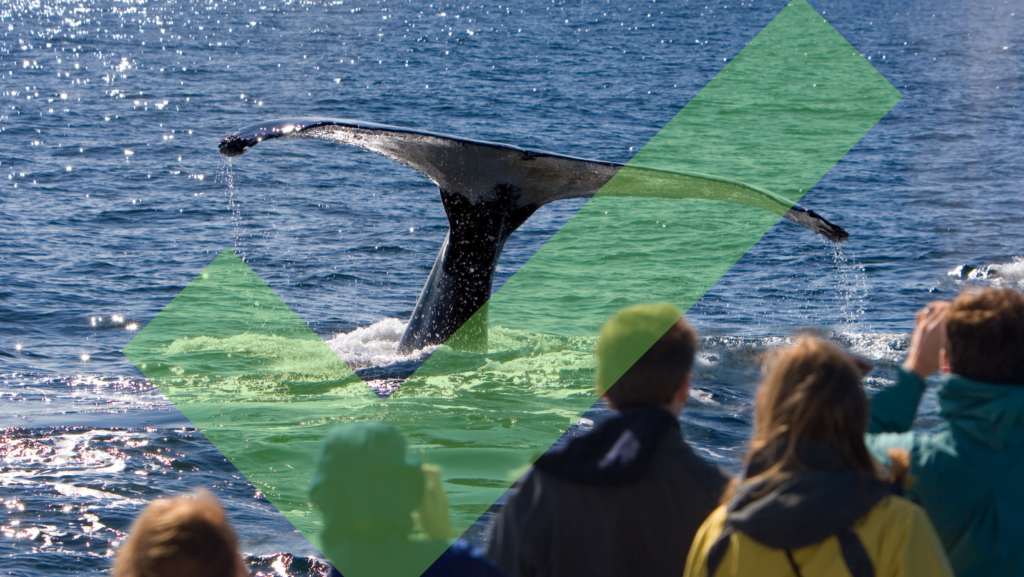

Animal Friendly Travel Checklist: Check your Sources
Verify the animal experience with sources outside the company itself. Do a bit of investigating on the venues you’re intending to visit. Don’t be tricked by misused greenwashing buzzwords like “rescue,” “sanctuary,” or “eco-park.” Companies know that tourists like these terms, which to these companies can mean more profits, even if it isn’t true. These terms are meaningless if not backed by actual ethical practices. Instead, look further to see if they are certified or accredited by a trusted organization. It’s crucial to do the extra research into credible sources to ensure these experiences are truly benefiting the animals. Check with these wildlife organizations to find out more:
- Global Federation of Animal Sanctuaries: Find a Sanctuary Map
- World Animal Protection: Elephant-friendly Tourist Guide
- World Animal Protection: Elephant-friendly Travel Companies
- Born Free: Raise the Red Flag Flyer
- Born Free: Red Flag Map of Reported Unethical Facilities


Animal Friendly Travel Checklist: Dive into Reviews
We take the time to check restaurant reviews before making reservations. So checking reviews on your next wildlife experience should be second nature too. Dive into Trip Advisor, Facebook, and Google reviews to see what other travelers have encountered. Be sure to check out the negative reviews too! Just because an animal encounter rates highly on these platforms doesn’t automatically mean it’s an ethical option. While I don’t recommend blindly trusting personal reviews – positive or negative. They are a good way to understand more about the experience, beyond what the company or tour operator is sharing. Another tip is to search the experience’s name and add the word “abuse” afterward (ie. Cherokee Bear Zoo Abuse). While this isn’t foolproof, truly ethical encounters do not come up with negative press articles, blogs, and petitions. Doing a search like this might just surprise you with its results.

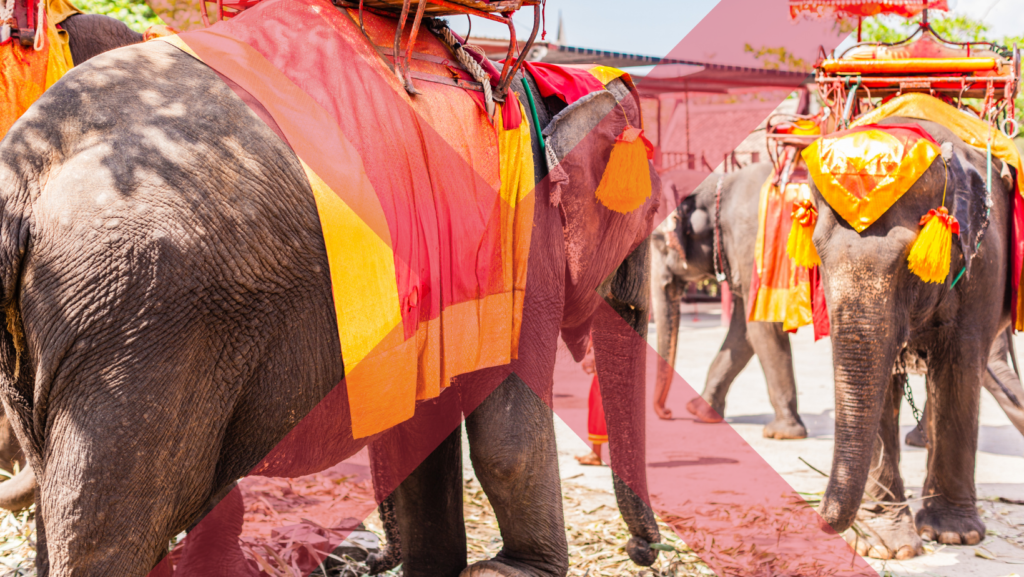
Making Animal Friendly Choices When Travel Planning
Do not get discouraged, not all wildlife tourism is unethical! There are many accredited sanctuaries, national parks, and outfitters that are doing amazing work for wildlife. It might not always be simple to tell the difference between good or bad practices. But following these three steps will certainly guide you in the right direction. I am a far from perfect traveler myself. But together we are constantly improving our ethical practices for wildlife. This is an evolution for the entire tourism industry, myself included. Remember as eco-travelers, we have the power to send a strong message with how we spend our money. By supporting ethical animal encounters rather than unethical practices, we send a united message to those in the tourism industry that it’s time for a shift towards protecting wildlife!

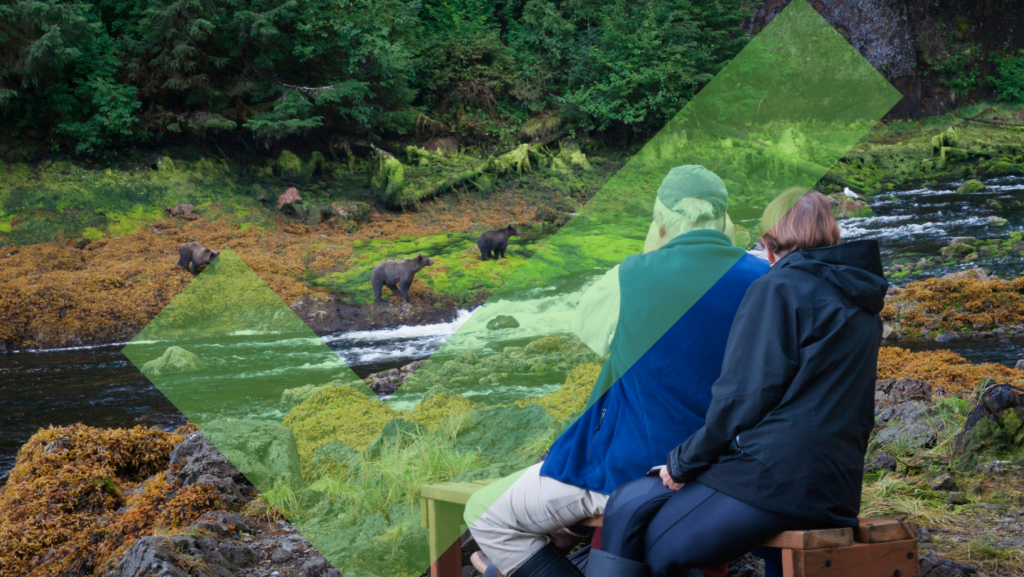
Examples of Ethical Animal Friendly Travel Options
- 4 Ways to Whale Watch Ethically in San Juan Island, Washington
- Solar Power Snorkeling: Ecotour Key West, Florida
- How to Avoid Elephant Abuse While Traveling
- Wildlife Selfies – What’s the Harm in a Picture?
